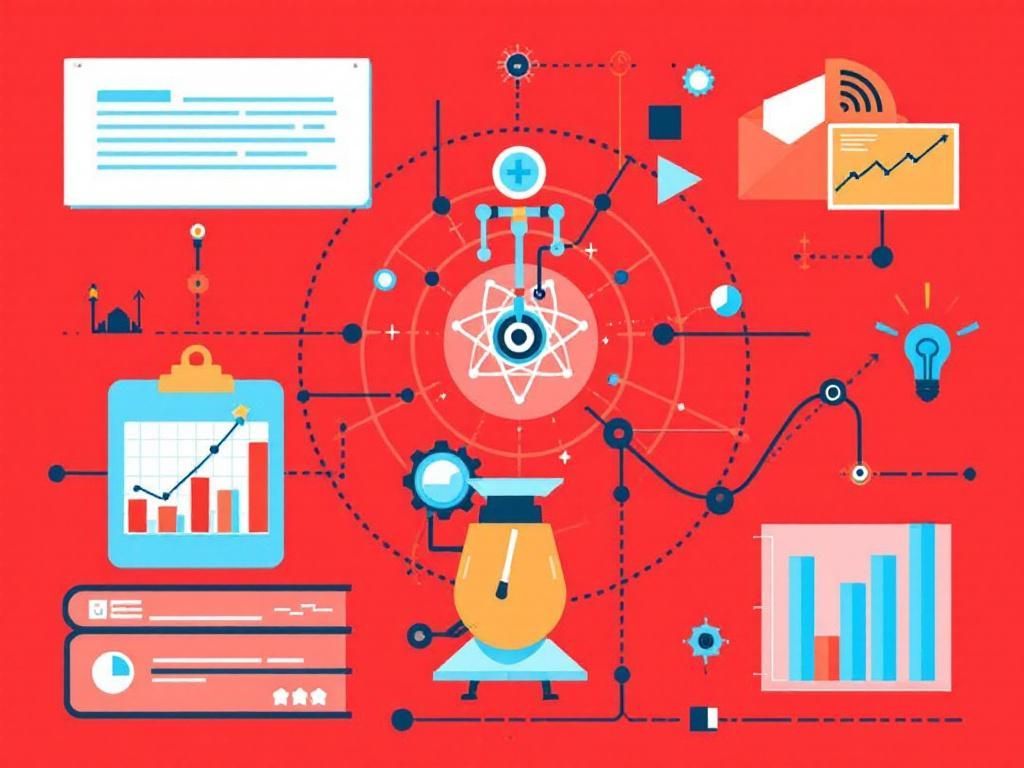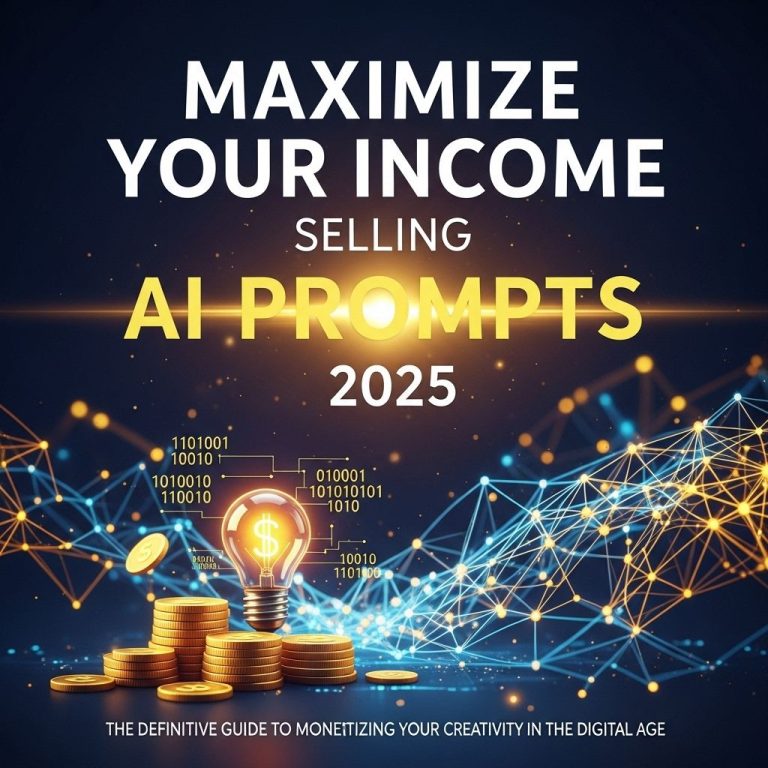In today’s fast-paced digital landscape, businesses are constantly seeking innovative ways to stay ahead of the competition. One of the most transformative technologies driving this change is Artificial Intelligence (AI), particularly in the realm of market intelligence. By harnessing AI, companies can gain insights into consumer behavior, industry trends, and competitive dynamics that were previously unattainable. This article explores how AI is revolutionizing market intelligence, its applications, benefits, and future implications for businesses.
Understanding AI Market Intelligence
AI market intelligence refers to the use of artificial intelligence technologies to analyze vast amounts of market data, providing actionable insights for businesses. This involves a combination of data collection, analysis, and interpretation processes that enhance decision-making capabilities.
The Role of Data in AI
The effectiveness of AI market intelligence heavily relies on the data it processes. Here are some key sources of data:
- Social Media: Insights from platforms like Twitter, Facebook, and Instagram.
- Customer Reviews: User-generated content across e-commerce platforms.
- Market Reports: Published studies and surveys conducted by research firms.
- Competitor Websites: Analyzing competitor offerings and marketing strategies.
Types of AI Technologies Used
Various AI technologies contribute to market intelligence:
- Machine Learning: Algorithms that learn from data trends to make predictions.
- Natural Language Processing (NLP): Understanding and interpreting human language.
- Predictive Analytics: Forecasting future market trends based on historical data.
Applications of AI in Market Intelligence
AI market intelligence can be applied across various business functions, including marketing, sales, product development, and customer service. Here are some notable applications:
1. Enhanced Customer Segmentation
AI algorithms can analyze customer data to identify distinct segments based on behavior, preferences, and demographics, allowing for more targeted marketing strategies.
2. Trend Analysis and Forecasting
By leveraging historical data and real-time inputs, AI can predict future market trends, helping businesses to adjust their strategies proactively.
3. Competitor Analysis
AI tools can monitor competitors’ digital footprints, including their marketing efforts, product launches, and customer sentiments, providing businesses with a competitive edge.
4. Sentiment Analysis
Using NLP, companies can gauge public sentiment regarding their brand and products by analyzing social media conversations and online reviews.
Benefits of AI Market Intelligence
Implementing AI in market intelligence provides numerous advantages. Here are some of the key benefits:
| Advantage | Description |
|---|---|
| Increased Efficiency | AI can process data faster than human analysts, allowing for quicker insights and decision-making. |
| Improved Accuracy | Machine learning models reduce human errors in data analysis and interpretation. |
| Cost Savings | Automating data analysis can lead to significant savings in labor costs. |
| Enhanced Decision-Making | Data-driven insights empower businesses to make informed strategic decisions. |
Challenges in Implementing AI Market Intelligence
Despite its benefits, the adoption of AI in market intelligence is not without challenges. Some common obstacles include:
- Data Quality: Poor data quality can lead to inaccurate insights.
- Integration Issues: Difficulties in integrating AI systems with existing business processes.
- Cost of Implementation: High initial investment in AI technologies and infrastructure.
- Skill Gap: Shortage of skilled professionals who can effectively operate and manage AI tools.
The Future of AI Market Intelligence
As AI technology continues to advance, its role in market intelligence is expected to grow exponentially. Future trends include:
1. Greater Personalization
Businesses will leverage AI to provide increasingly personalized experiences for customers, tailoring products and marketing efforts to individual preferences.
2. Real-time Insights
With advancements in AI, companies will gain the ability to access real-time insights, allowing for on-the-fly adjustments in strategies.
3. Enhanced Predictive Capabilities
The integration of more sophisticated algorithms will lead to better forecasting models, helping businesses anticipate market shifts with greater accuracy.
4. Ethical AI Practices
As AI usage grows, so will the focus on ethical data collection and usage, ensuring that businesses operate transparently and responsibly.
Conclusion
AI is undeniably revolutionizing the field of market intelligence, providing businesses with the insights they need to thrive in a competitive environment. By understanding and effectively harnessing AI technologies, companies can position themselves at the forefront of industry innovation, driving growth and success in the years to come. As we move forward, embracing the potential of AI will be crucial for businesses aiming to remain relevant and impactful in the market.
FAQ
What is AI market intelligence?
AI market intelligence refers to the use of artificial intelligence technologies to analyze market data, trends, and consumer behavior, enabling businesses to make informed strategic decisions.
How can AI market intelligence benefit my business?
AI market intelligence can enhance decision-making, improve forecasting accuracy, identify new opportunities, and optimize marketing strategies by providing deeper insights into market conditions and customer preferences.
What types of data does AI market intelligence analyze?
AI market intelligence analyzes various types of data, including social media interactions, sales figures, competitor performance, customer feedback, and broader economic indicators.
Is AI market intelligence suitable for small businesses?
Yes, AI market intelligence can be scaled to meet the needs of small businesses, providing them with valuable insights that were previously only accessible to larger organizations.
How does AI improve the accuracy of market predictions?
AI improves the accuracy of market predictions by leveraging machine learning algorithms to analyze vast amounts of data and identify patterns that humans might miss.
What tools are commonly used for AI market intelligence?
Common tools for AI market intelligence include data analytics platforms, customer relationship management (CRM) systems, and specialized AI software designed for market analysis.




